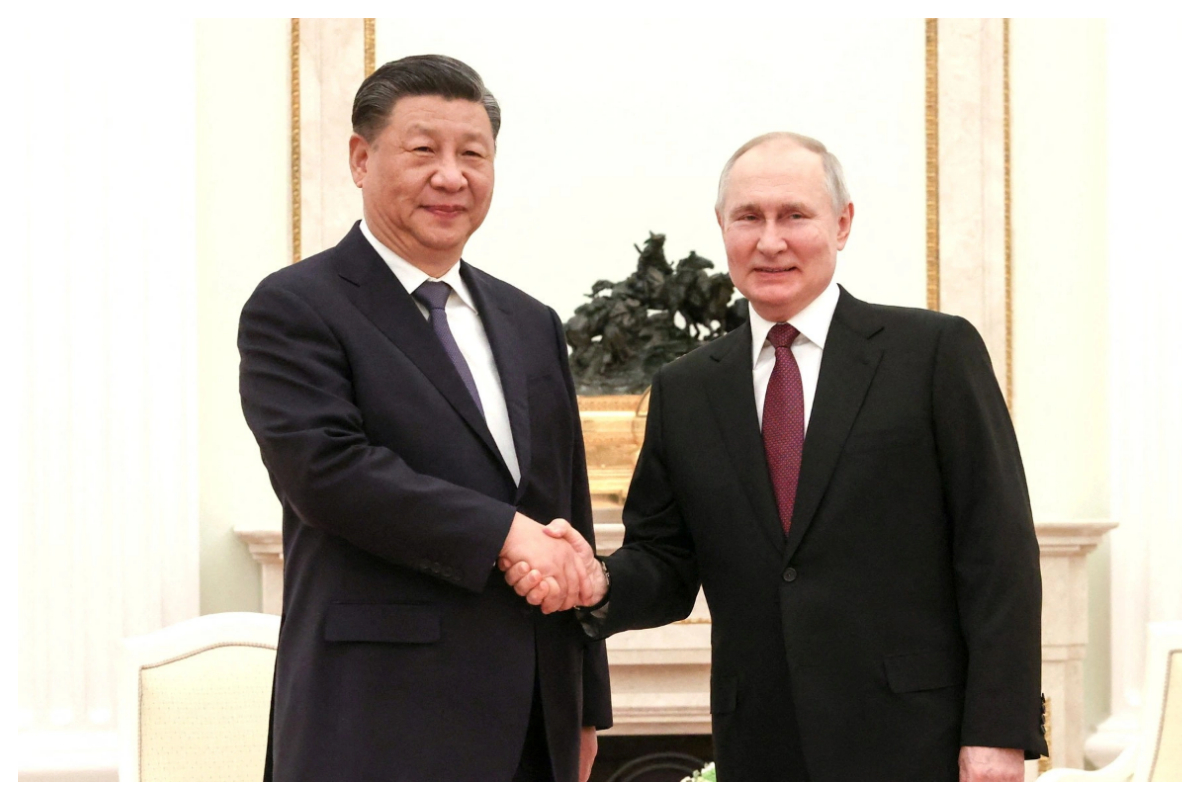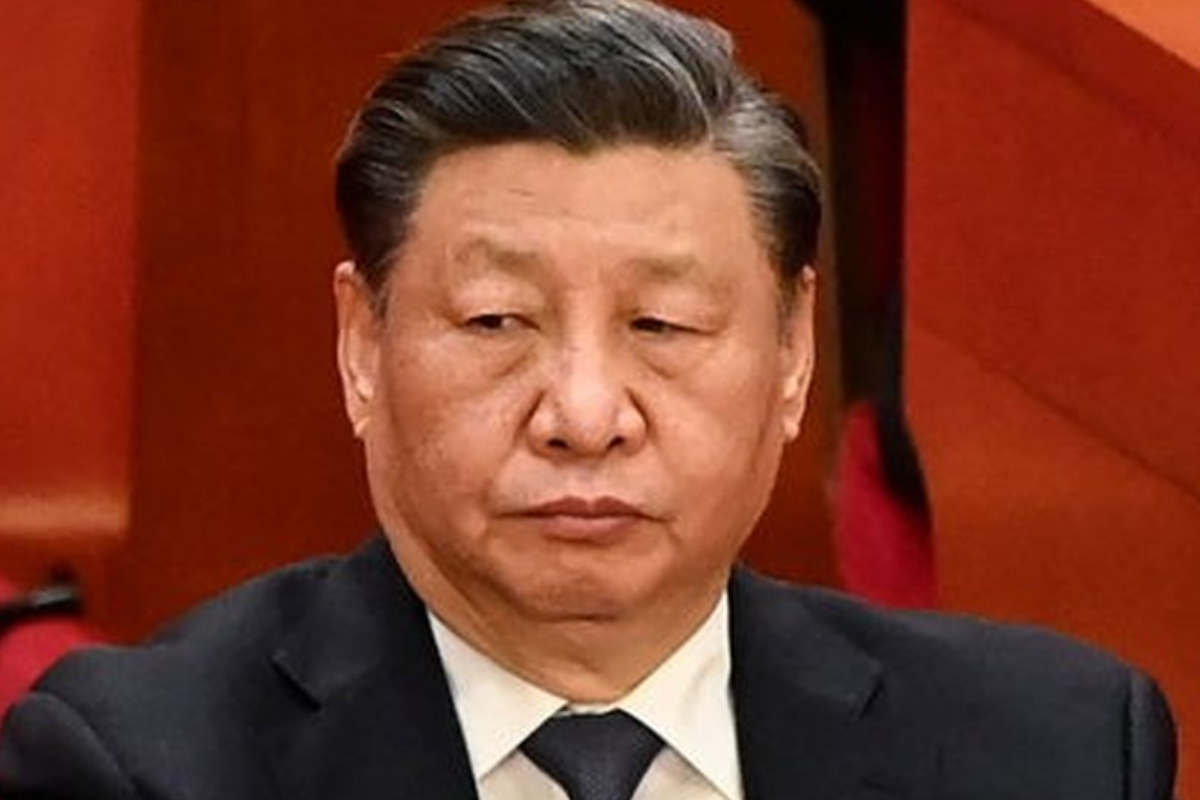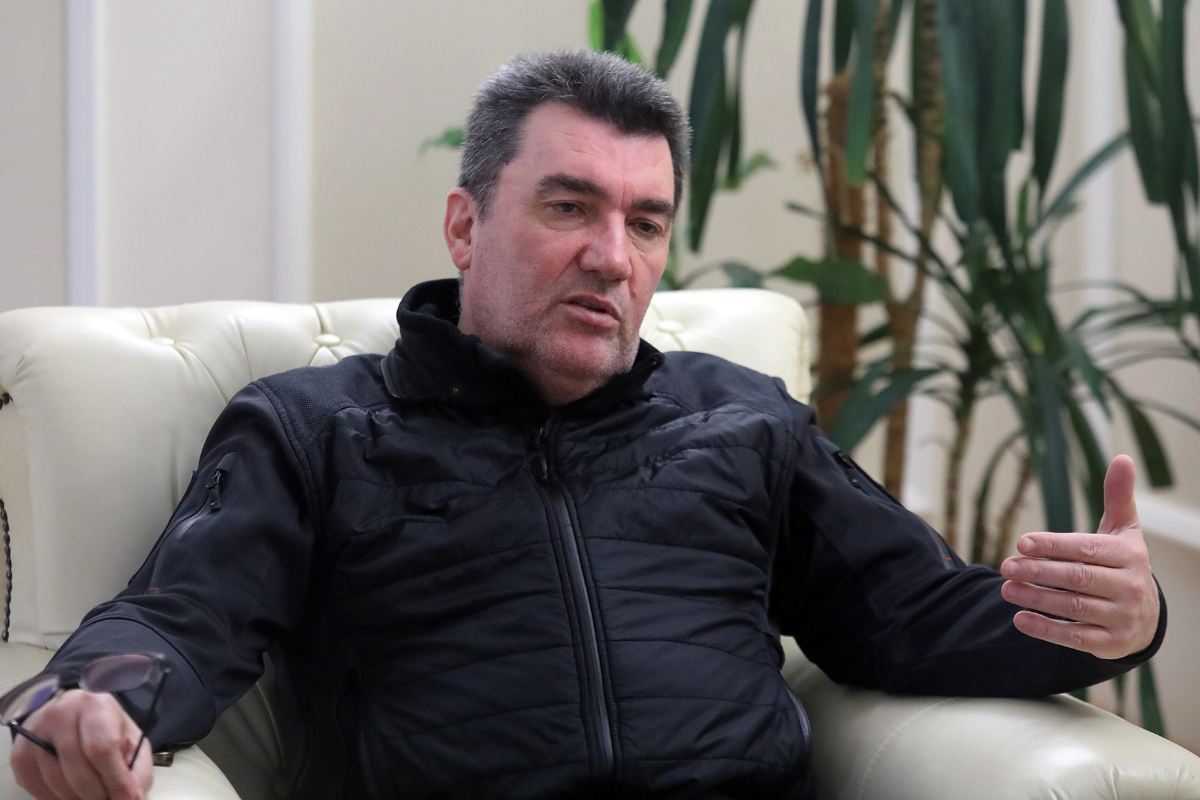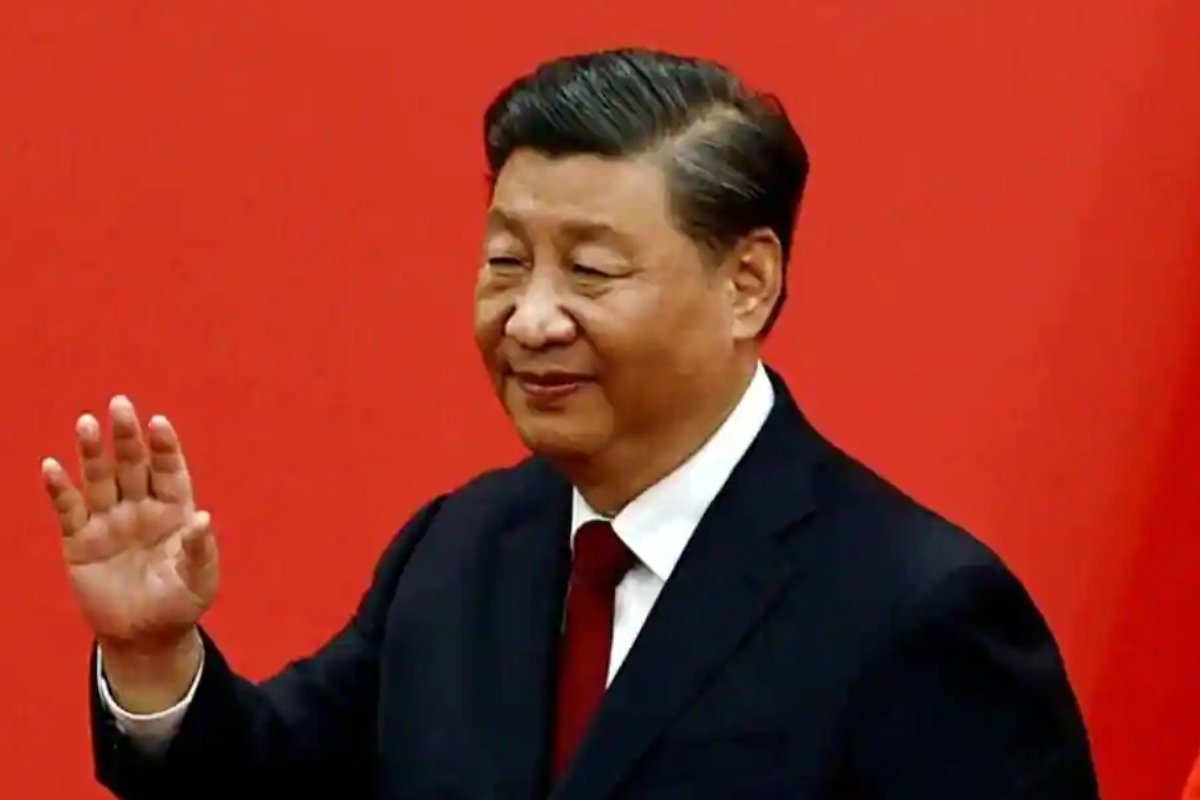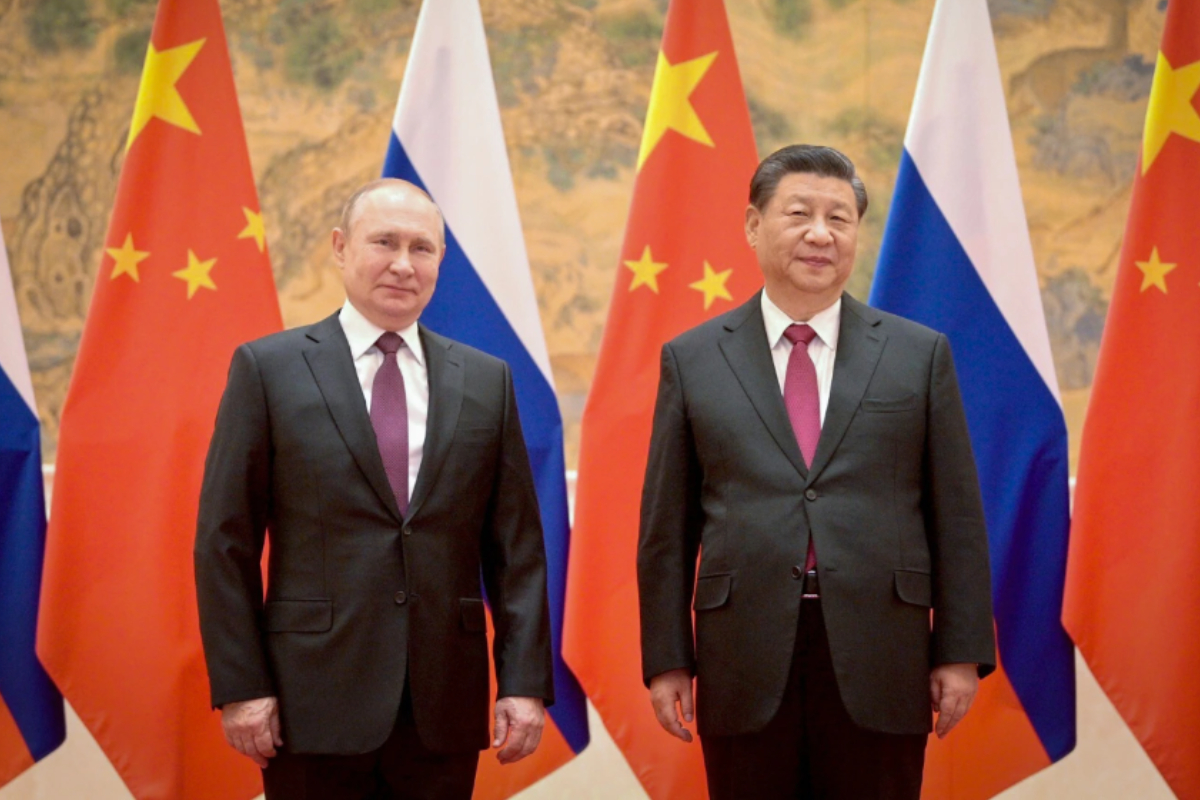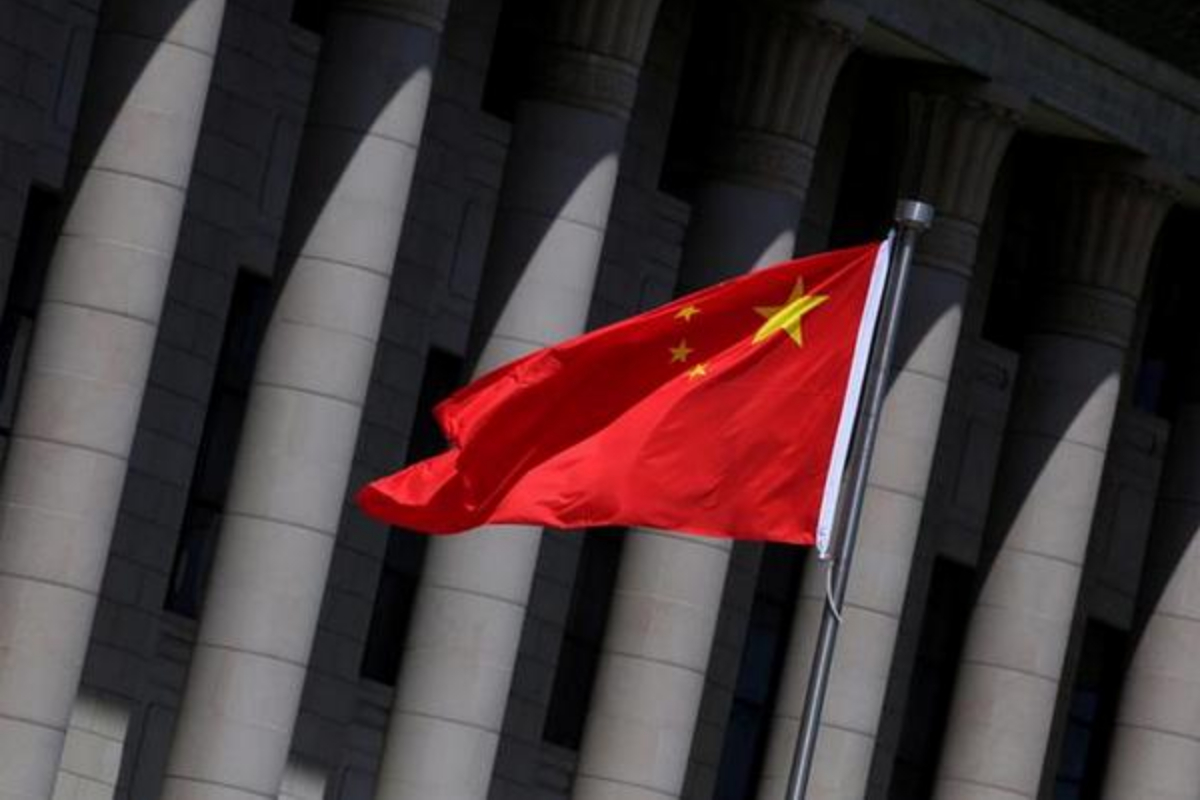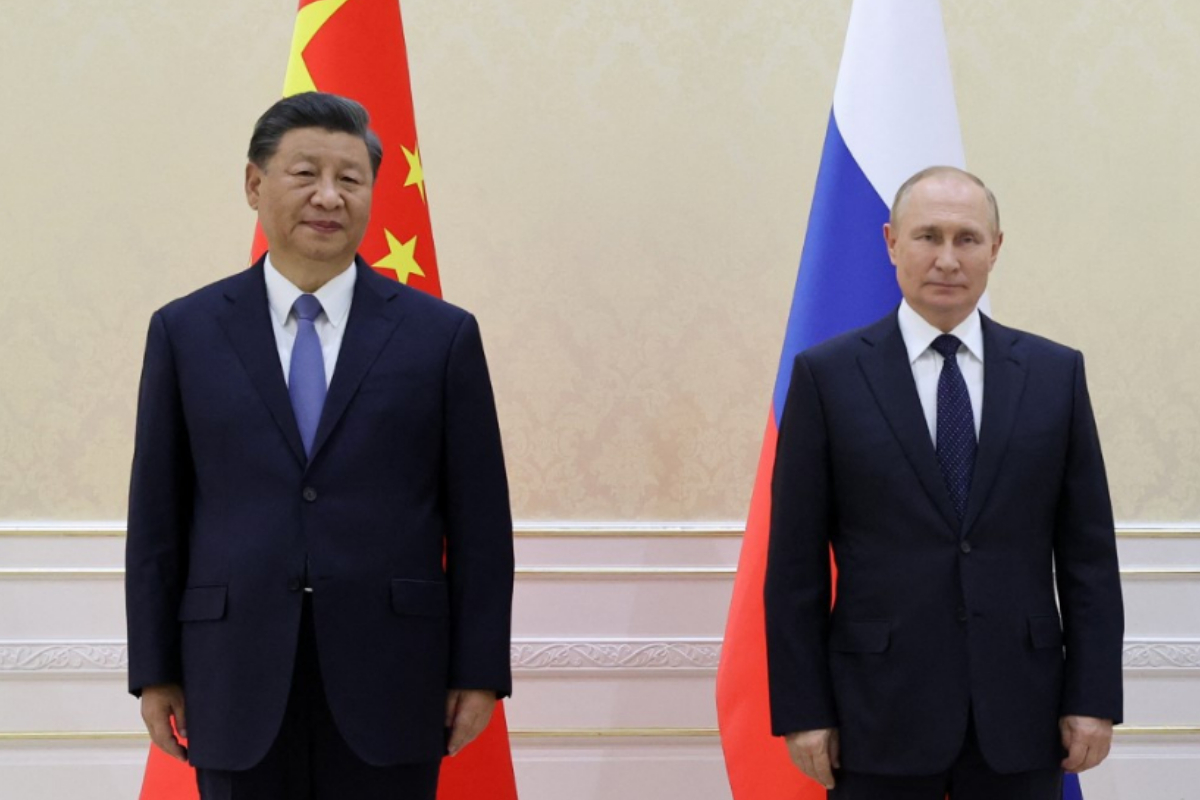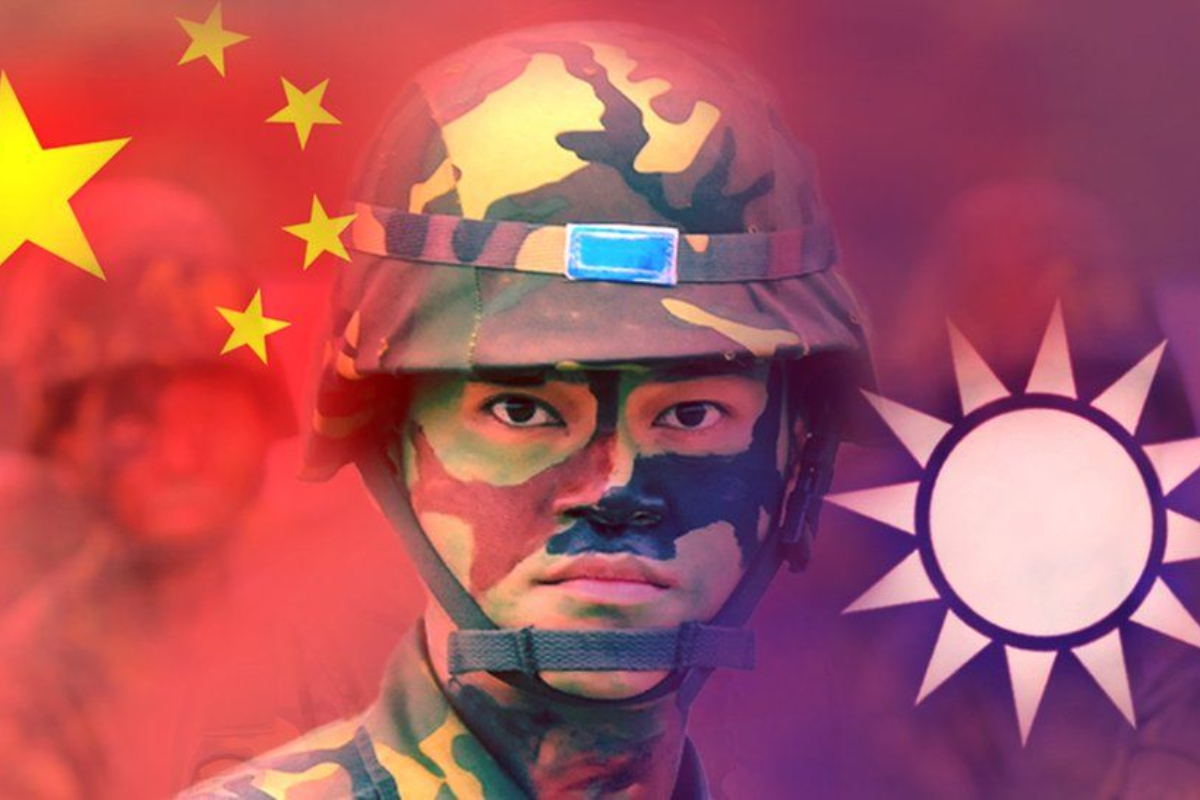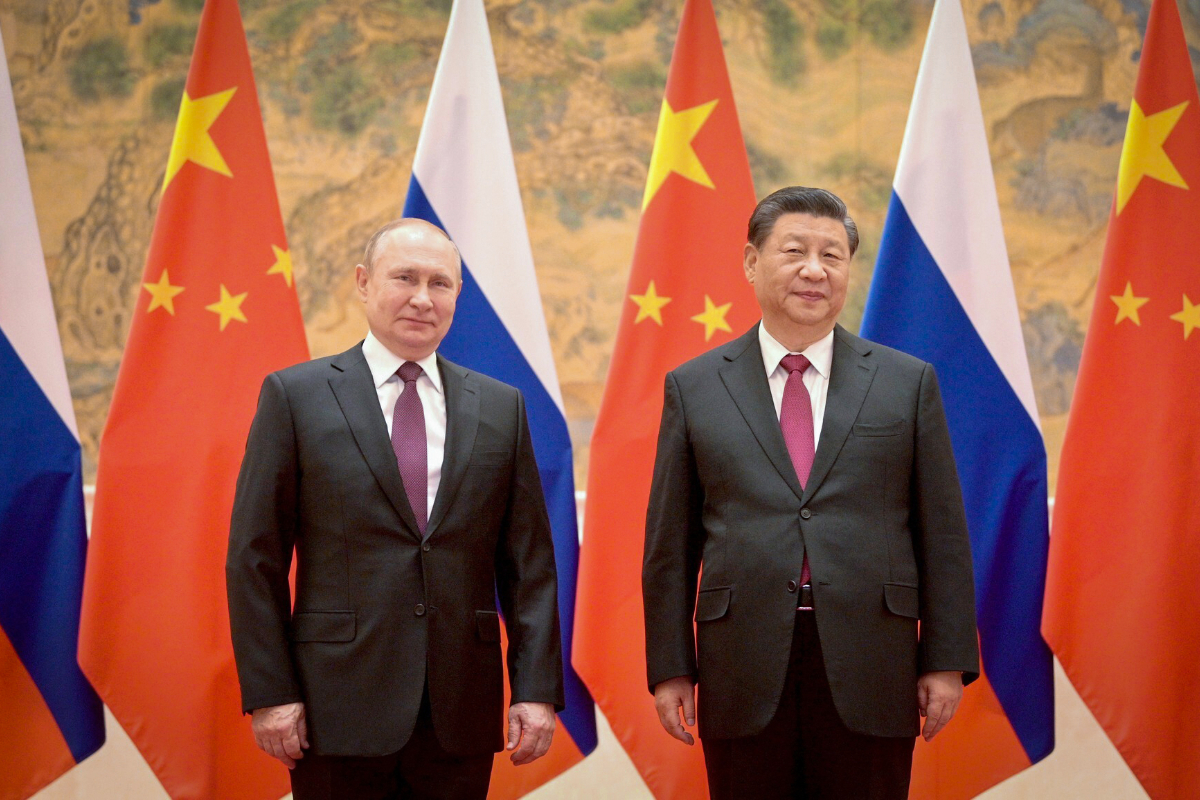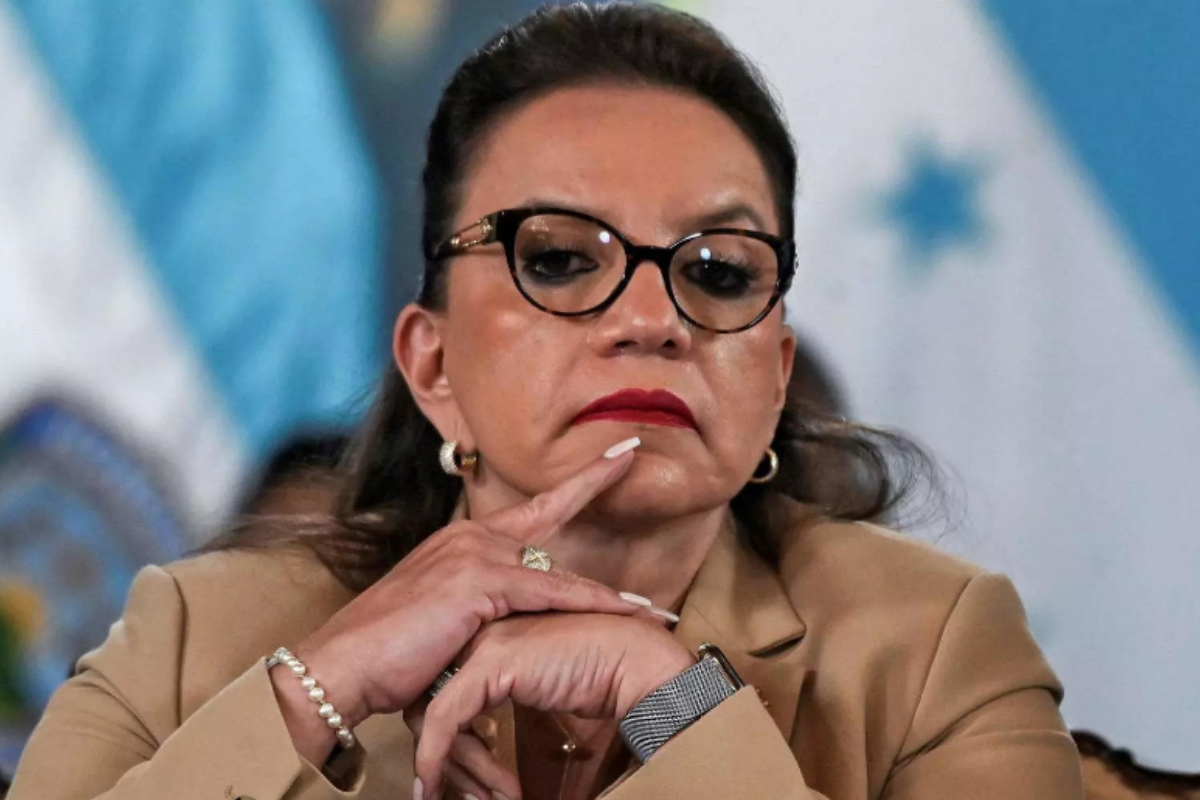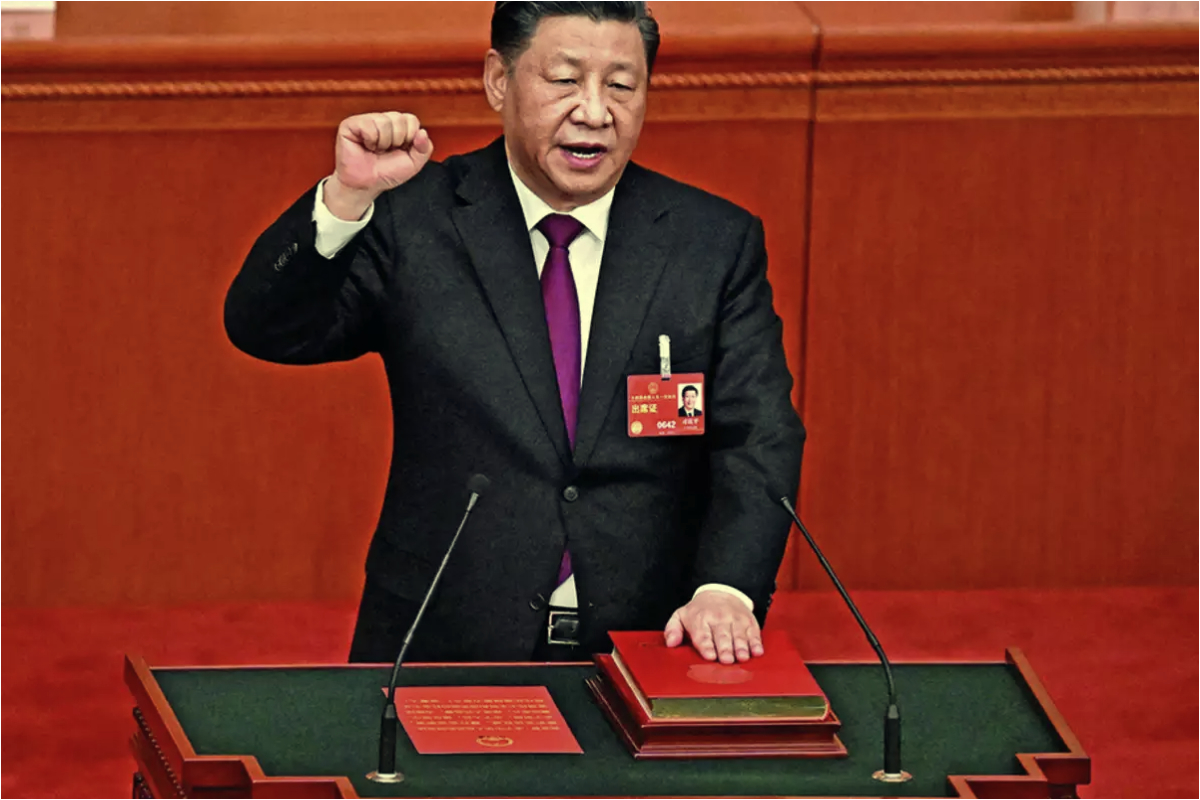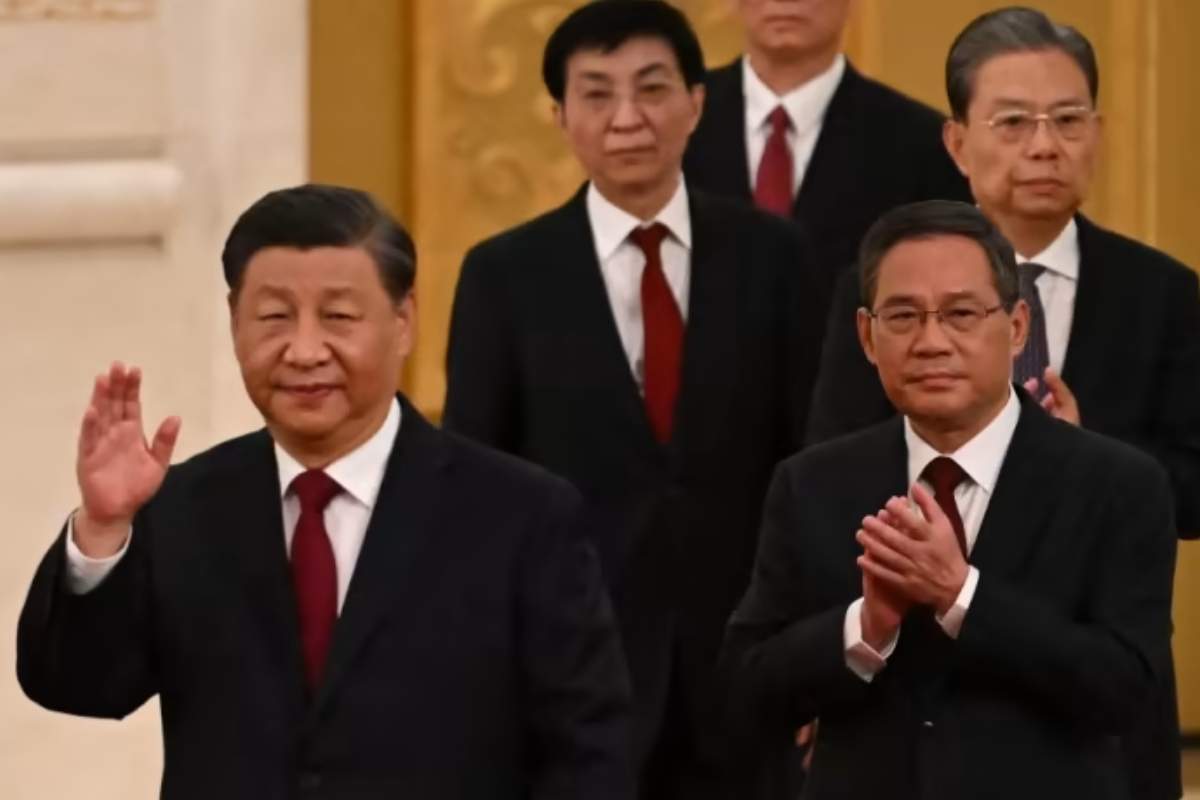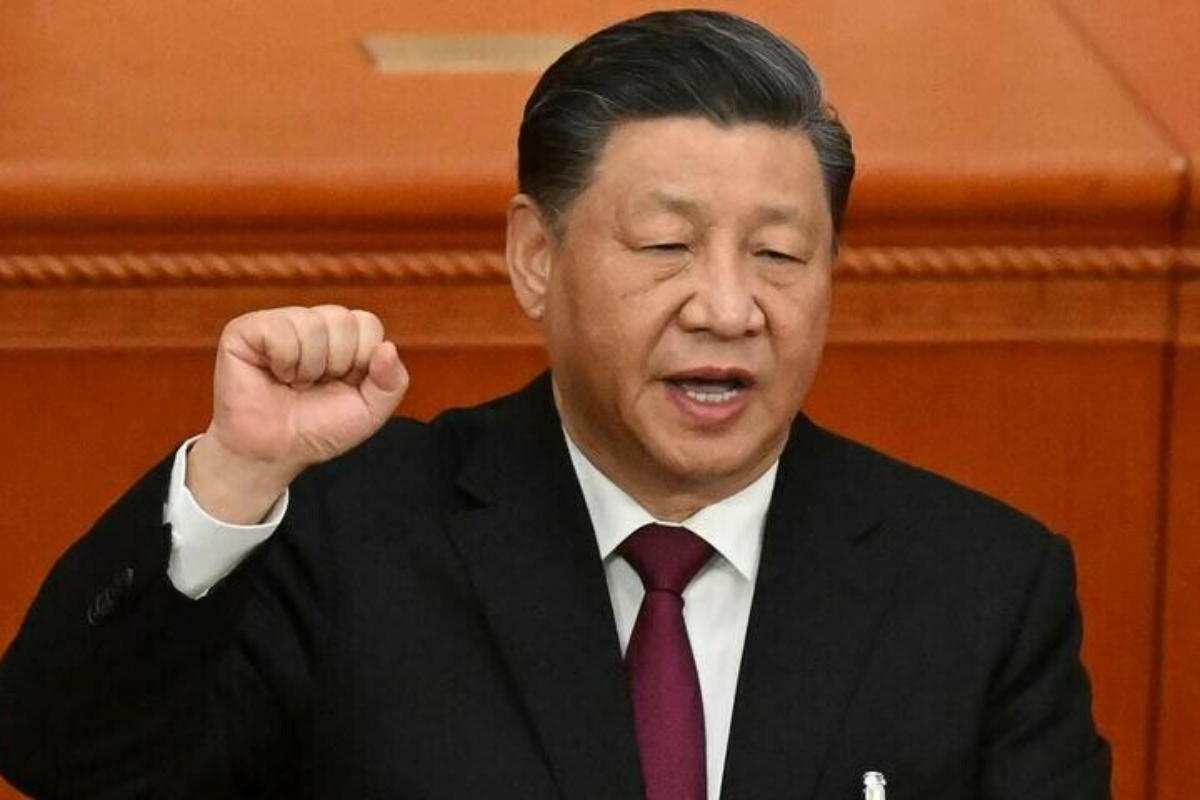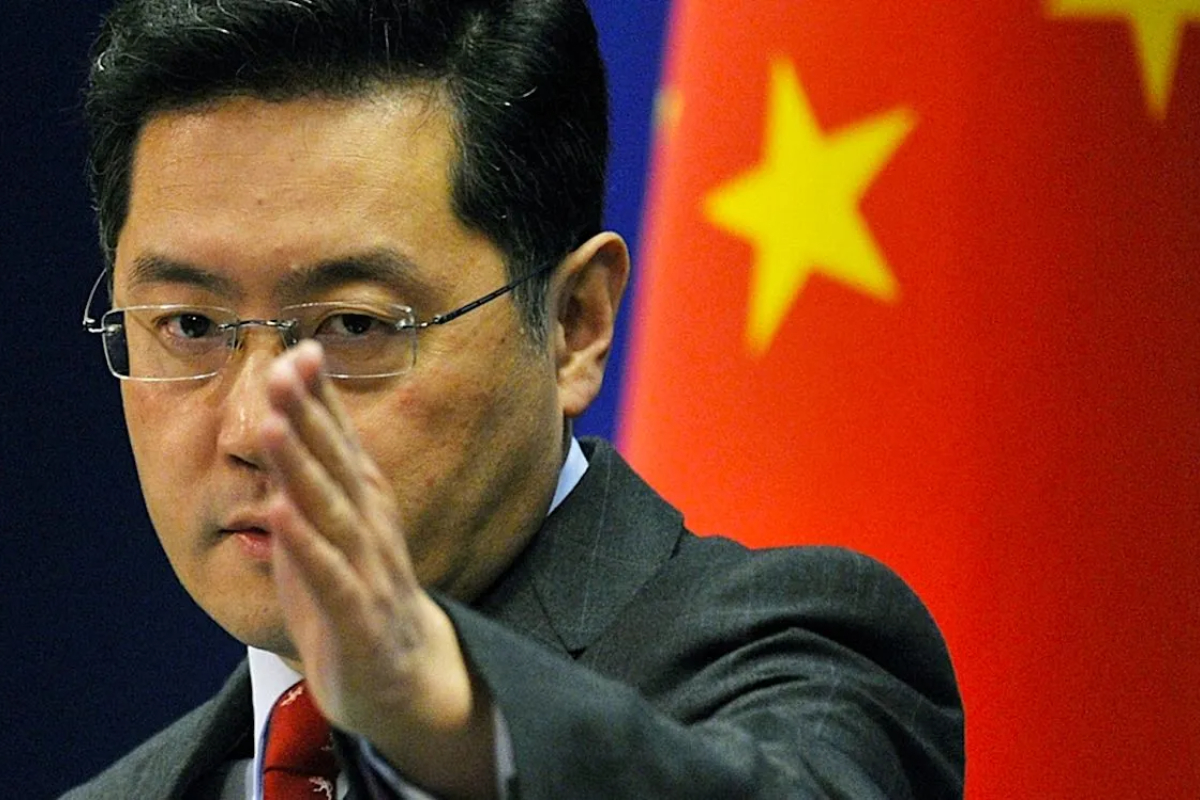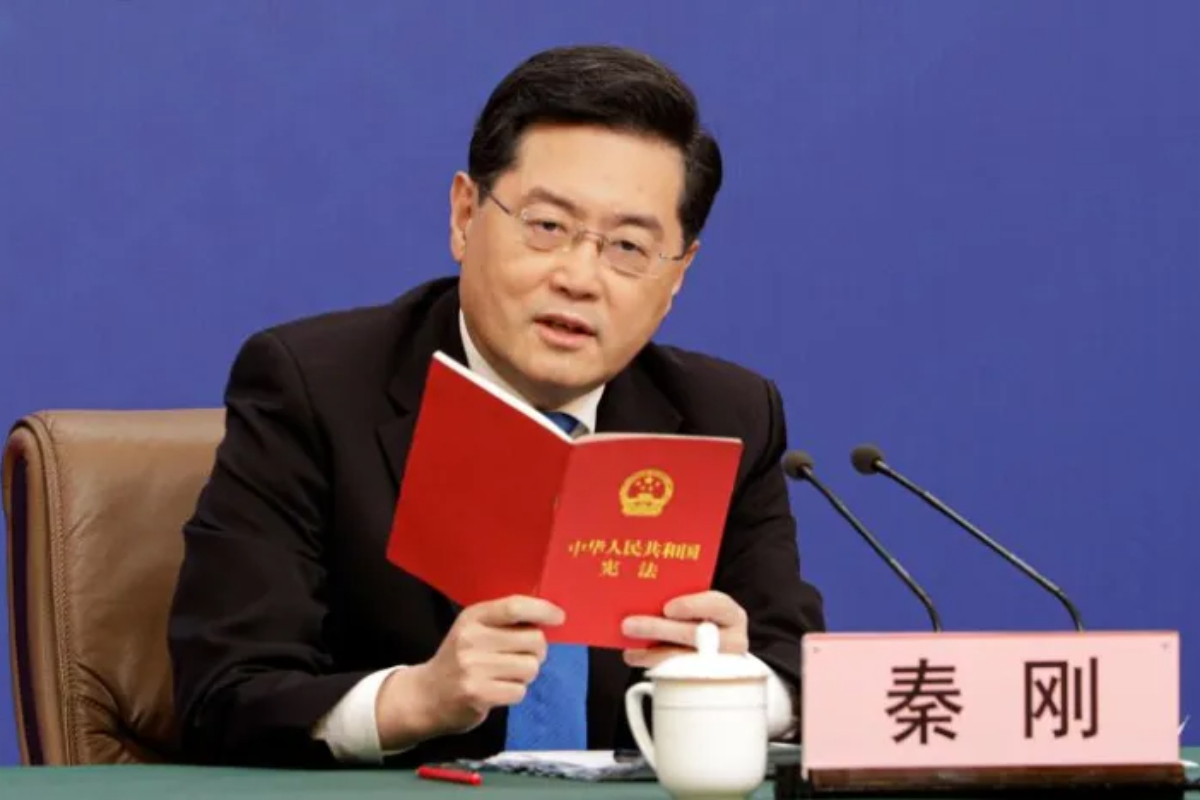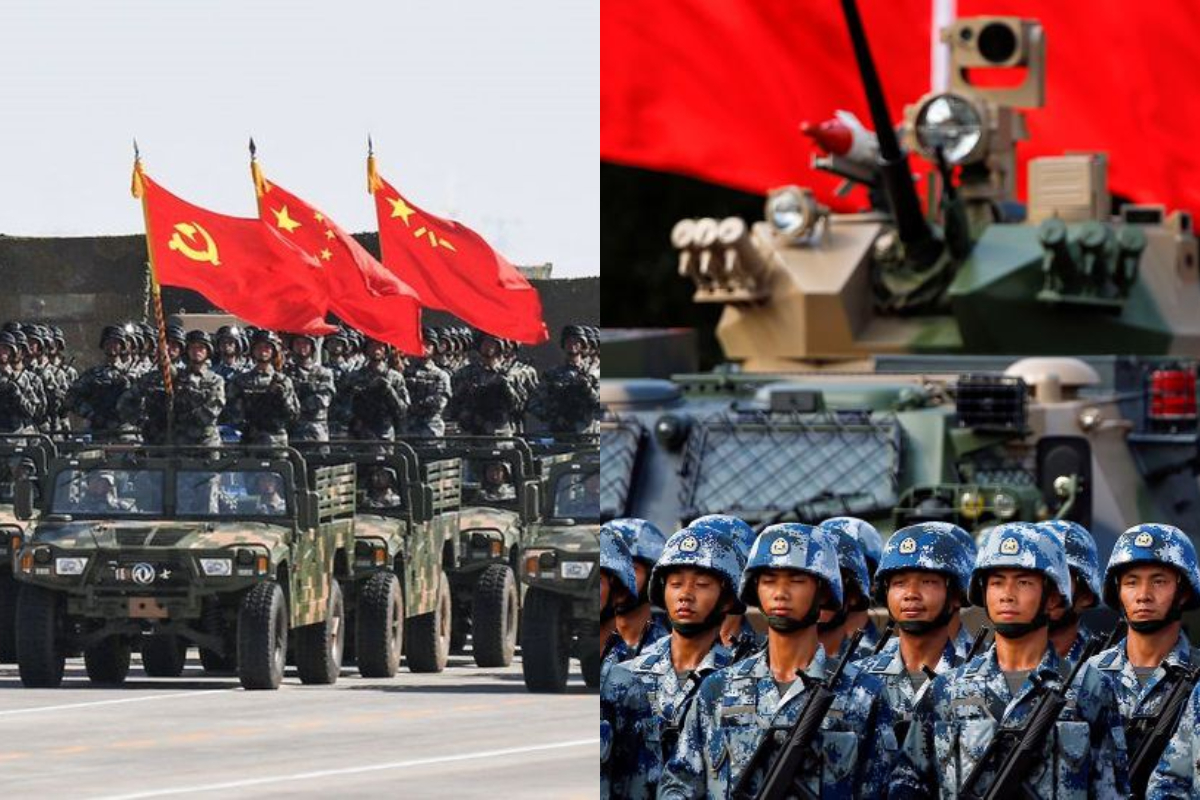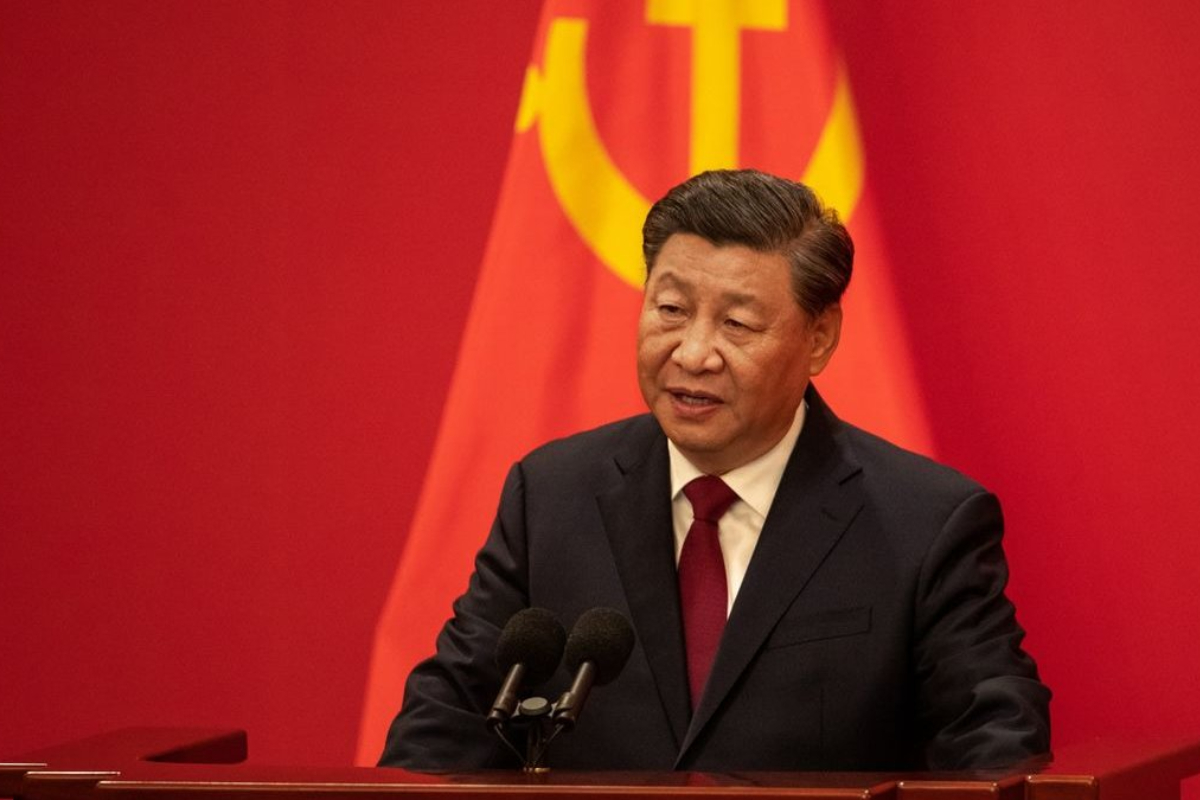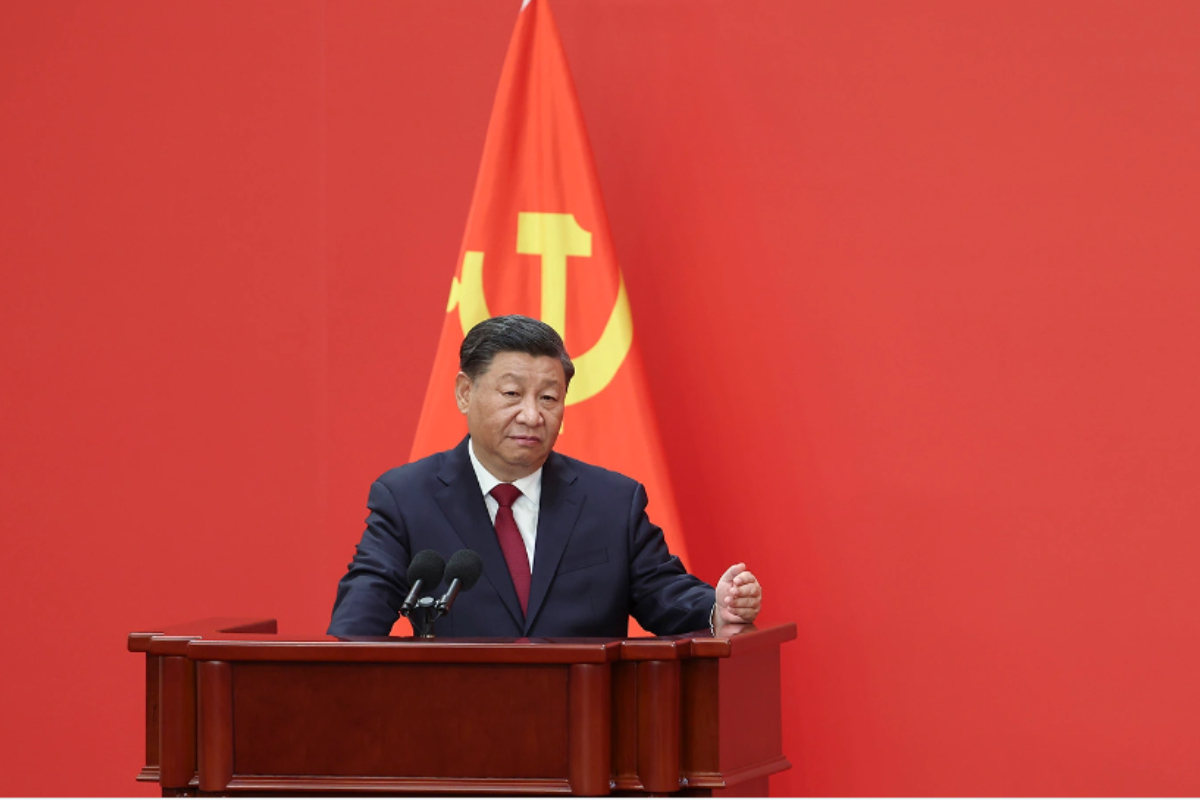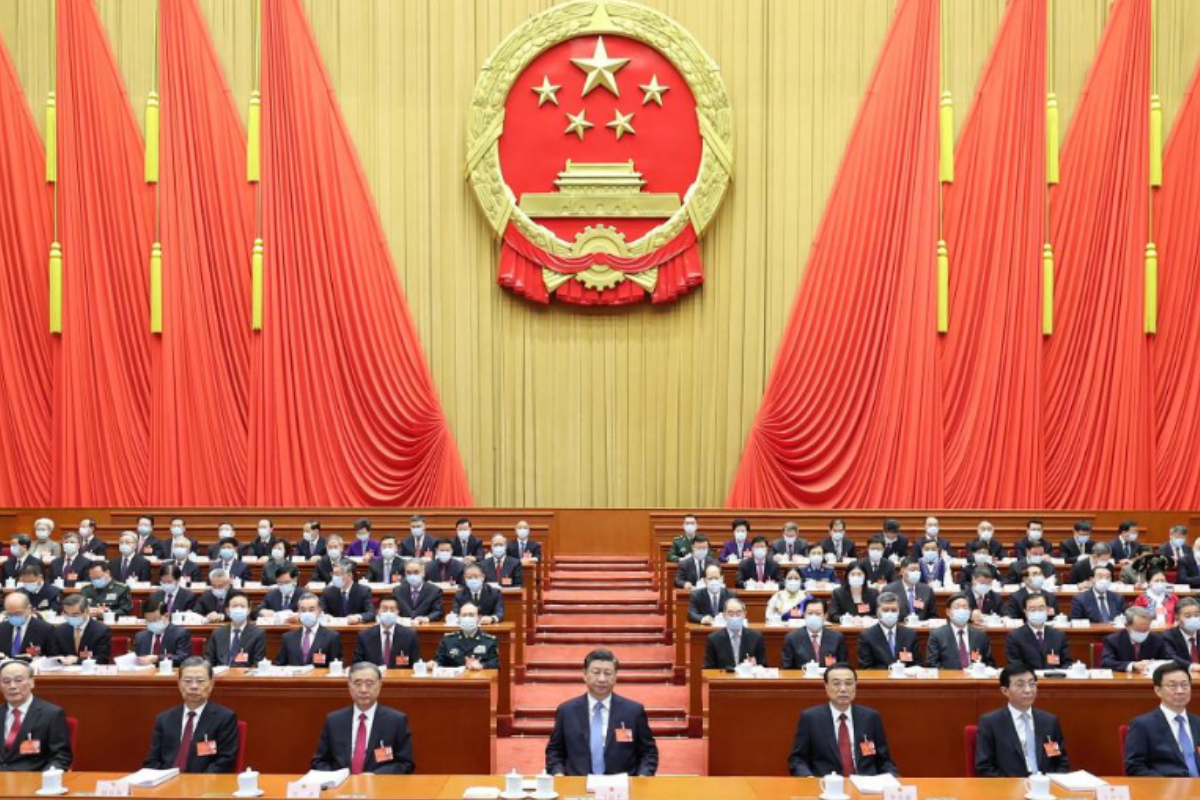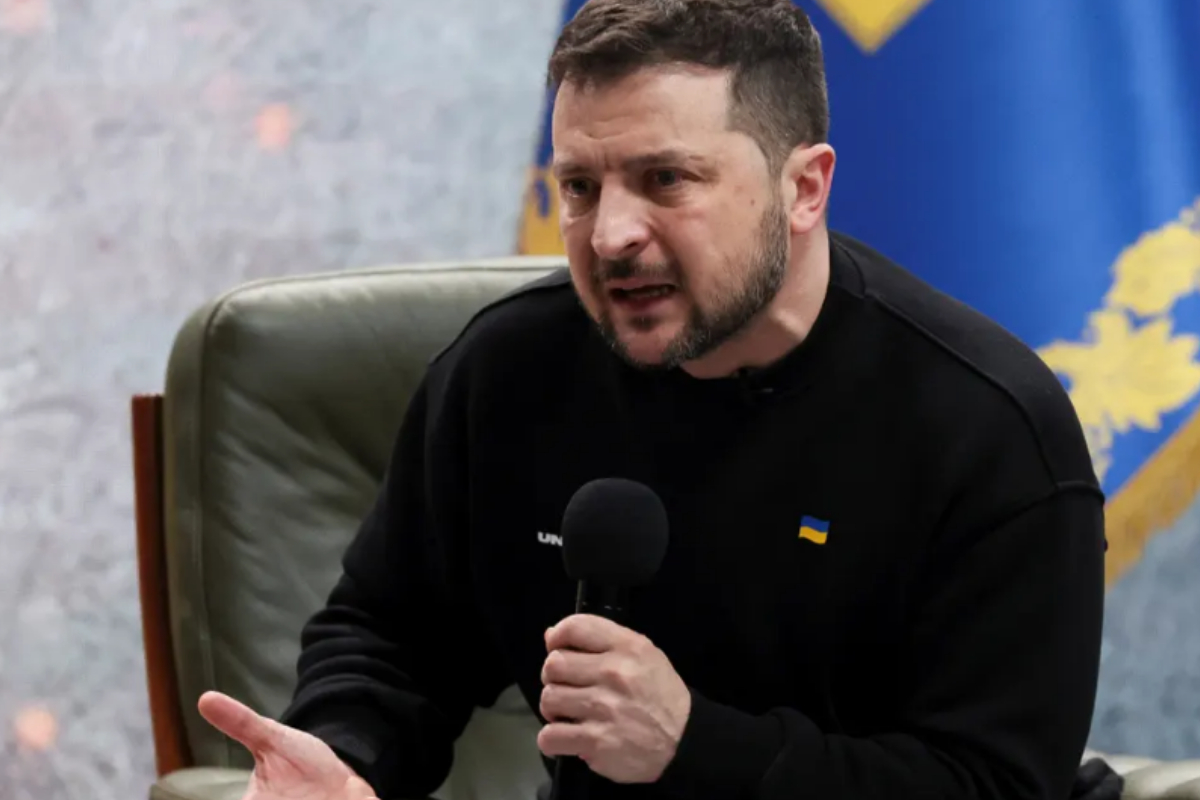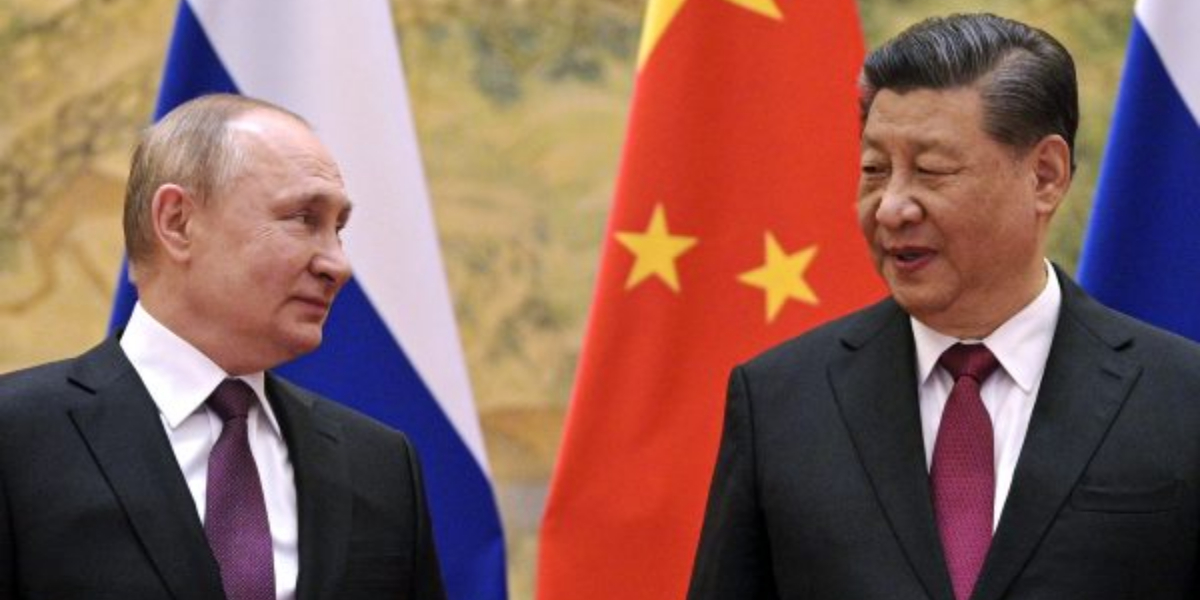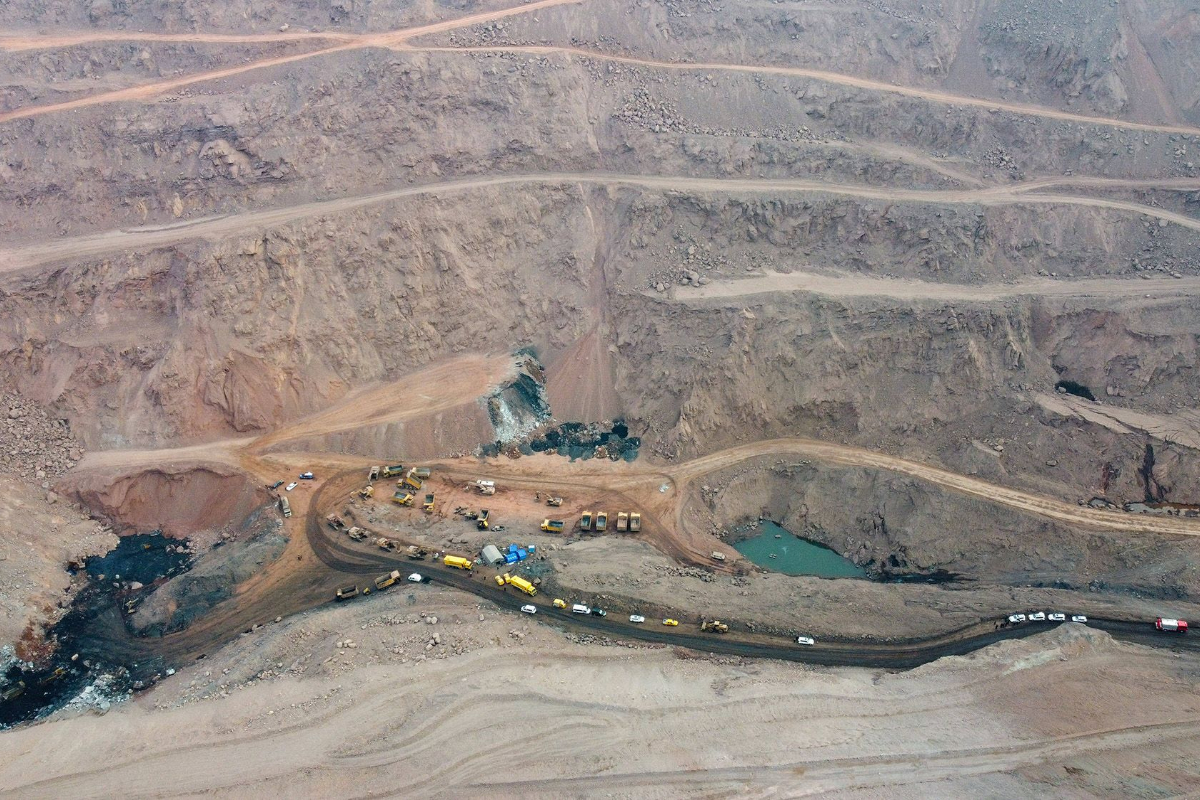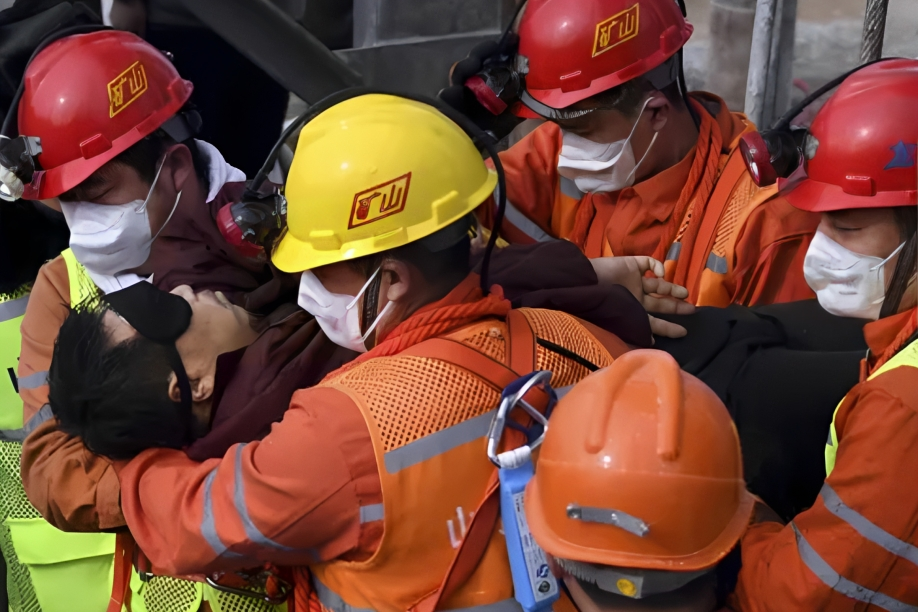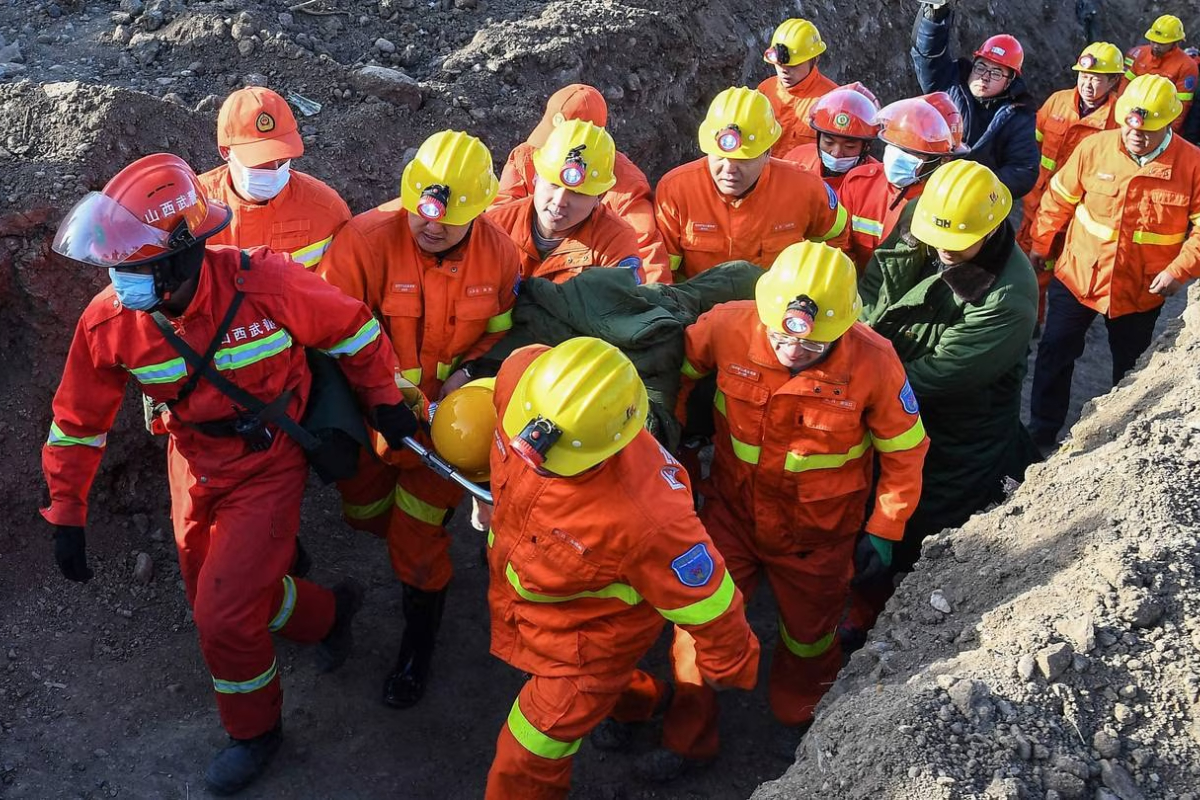- Beijing has framed the visit as a “journey of peace.”
- Hours after Xi’s trip was announced, the ICC issued an arrest warrant for Putin.
- China’s top leader will now dine with a suspected war criminal he has referred to as a “best friend.”
For Chinese President Xi Jinping, this week’s high-profile state visit to Russia and meeting with President Vladimir Putin is an opportune opportunity to highlight China’s growing diplomatic power in the global arena, as well as its goal to challenge the US-led global order.
Yet the optics of the visit will be entirely different in many Western capitals: two autocrats who have long regarded themselves as firm pals shaking hands and banqueting while Europe burns.
Beijing has framed the visit as a “journey of peace,” with Xi expected to “play a constructive role in promoting peace talks” over Ukraine’s conflict.
It also comes just days after China achieved a big diplomatic win by mediating an unexpected thaw between Saudi Arabia and Iran, assisting the two archrivals in resuming diplomatic relations.
Yet, only hours after Xi’s trip was announced on Friday, the International Criminal Court (ICC) issued an arrest warrant for Putin, charging him with war crimes in connection with Moscow’s forceful deportation of Ukrainian children.
China’s top leader will now dine with a suspected war criminal he has referred to as a “best friend,” reaffirming his “no limits” friendship with a worldwide pariah whose violent invasion has killed tens of thousands and wrought havoc on the global economy.
For the United States and much of Europe, Xi’s visit is a striking display of support for Putin, who is more isolated at a time when his military is running out of supplies and Russia’s economy is faltering as a result of Western sanctions.
Western officials have expressed alarm in recent weeks that China is considering offering lethal support to Russia’s military. Beijing has refuted the charge, accusing the US of prolonging the conflict by “adding fuel” to the battlefield and giving weaponry to Ukraine.
At Xi’s meeting with Putin, American officials said they would be looking for signals that China is moving forward with selling weapons to Russia.
Ukraine is also keeping a careful eye on everything.
“We really hope that China will not become an accomplice in this horrific war,” Oksana Markarova, Ukraine’s ambassador to Washington, told sources.
“It’s going to be a meeting with a person who’s officially suspected by the International Criminal Court.”
In Moscow, Xi will walk a diplomatic tightrope, attempting to cast China as an impartial peace broker while boosting ties with Russia without further antagonizing Europe – a key trading partner Beijing has hoped to lure away from the US.
In a signed article published in Russian state media Monday, Xi framed his upcoming visit as “a journey of friendship, cooperation, and peace,” vowing to open “a new chapter” of bilateral relations.
He also claimed China has “all along upheld an objective and impartial position” on Ukraine and “actively promoted peace talks.”
The People’s Daily, the official mouthpiece of the Chinese Communist Party, released a letter from Putin the same day, full of adulation for “Comrade Xi” and his belief that Western countries will one day invade China.
“It is crystal clear that NATO is striving for a global reach of activities and seeking to penetrate the Asia-Pacific,” Putin wrote.
Brian Hart, a fellow with the China Power Project at the Center for Strategic and International Studies, said Xi is “hoping to use this trip to cast himself as a statesman and to portray China as a major global power and peacekeeper capable of shaping global events.”
The timing of the long-awaited encounter is no coincidence, he added, because it allows the Chinese leader to leverage the momentum of Beijing’s recent diplomatic victory in the Middle East to dictate – or appear to shape – the direction of the Ukrainian war.
“But the war will be a much taller task. The key question is whether, and to what extent, Xi tries to use his leverage to shape Russia’s behavior in the war going forward,” Hart said.
“So far, we have not seen Xi take tangible steps to try to bring the war to an end.”
Notwithstanding its claims of neutrality and calls for peace talks, Beijing has provided Moscow with critical diplomatic and economic assistance throughout the invasion.
China has mimicked Russian propaganda, blamed the West for inciting the Ukrainian war, and has frequently sided with Russia in preventing international action against Moscow for the invasion.
It has strengthened trading ties with its northern neighbor, purchasing large amounts of oil and energy gas at reduced costs and contributing to Putin’s war budget.
The People’s Liberation Army of China has also continued joint military exercises with the Russian military.
The Russian defense ministry said days before the visit that Russia, China, and Iran had concluded three-way naval maneuvers in the Arabian Sea, delivering a striking message of defiance to the Western alliance.
Beijing’s skewed posture is also visible in its diplomatic dealings with Moscow in Ukraine, an asymmetry emphasized by Xi’s visit to Russia.
China’s Foreign Ministers have only met with their Ukrainian colleagues five times since the war began, according to Hart’s count.
In comparison, Chinese authorities have met with Russian officials 29 times, including Xi, his top diplomats, and other senior leaders.
Xi has talked with Putin four times since the invasion, including a face-to-face meeting last September at a regional summit in Central Asia.
But he has yet to hold a single phone call with Ukrainian President Volodymyr Zelenskyy.
The Chinese leader’s long-awaited journey to Moscow comes on the heels of the release of China’s position paper on a “political conclusion” to the war, an attempt by Beijing to strengthen its credentials as a prospective peace broker.
However, the plan received only a lukewarm response from Moscow and Kyiv, and it was heavily criticized by Western authorities for being devoid of substance and failing to recognize Russia’s violation of Ukraine’s sovereignty.
For the time being, American and European officials remain skeptical of Beijing’s self-proclaimed role as a peace mediator.
According to John Kirby, a spokesman for the White House National Security Council, any framework supplied by Beijing would be “one-sided and reflect only the Russian perspective.”
“A ceasefire now is effectively the ratification of the Russian conquest,” he said.
“Russia would be free to use a ceasefire to only further entrench their positions in Ukraine to rebuild, refit and refresh their forces so that they can restart attacks on Ukraine at a time of their choosing.”
Brian Hart, the expert at CSIS, said Xi’s visit is unlikely to have any drastic impact on the course of the Ukraine war.
“Neither Moscow nor Kyiv appears ready to make the concessions needed to bring the war to an end, and that is not something Beijing can fundamentally change,” he said.
“Beijing might be able to pressure Putin to make some actions that impact the war on the margins, but so far that has not happened.”
[embedpost slug=”/chinese-president-xi-jinping-to-visit-russia-next-week/”]
Read more


